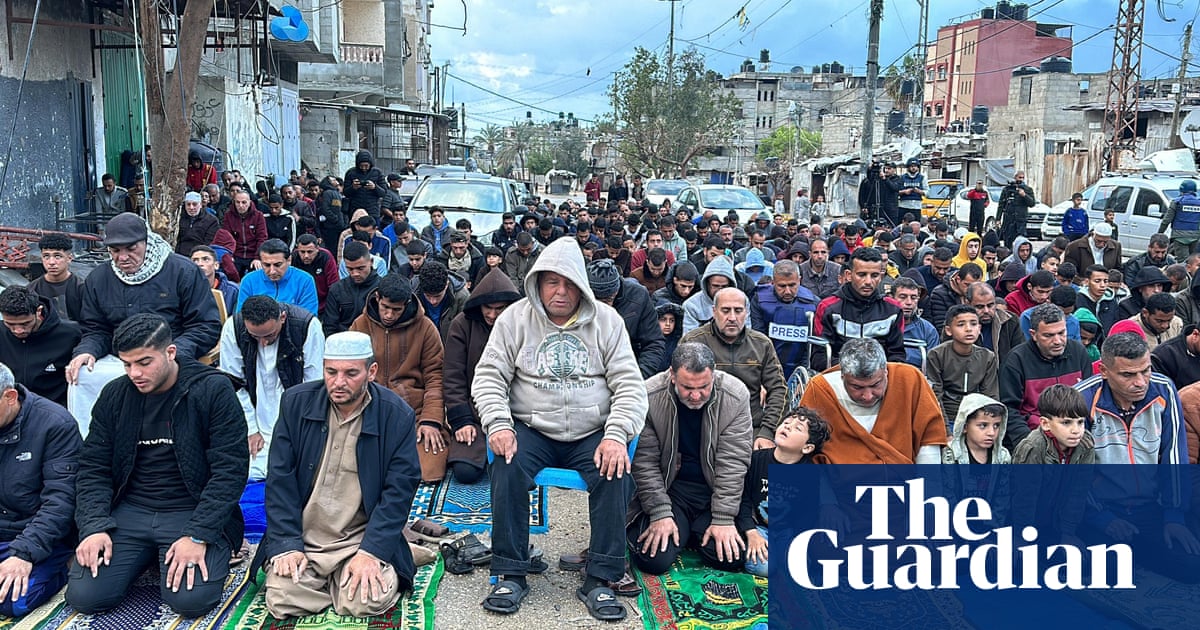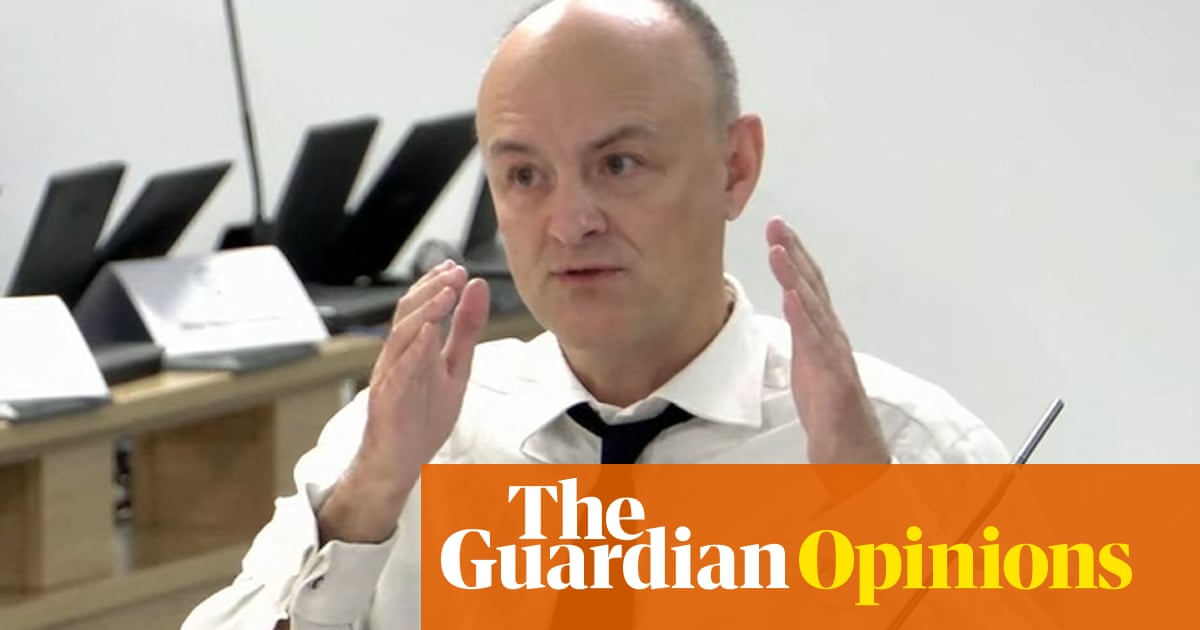
In past years many prayers and ceremonies for Eid Al-Fitr have been performed in outdoor spaces to encourage participation and to include local population in those moments of feast and celebration
ROME: Mosques and prayer rooms in Italy will not hold prayers and communal moments for Eid Al-Fitr this year, the Islamic communities in Italy have announced. The Union of the Islamic Communities in Italy (UCOII) said it would keep worship places closed to congregations until Ramadan ends.
For Eid Al-Fitr only common prayers in outdoor places may be performed; smaller turnouts are generally expected compared to last years’ celebrations. One such outdoor gathering will be taking place at the abandoned city racecourse in Prato, a textile city 30 km from Florence.
The city’s Muslim community of more than 5,000 members has been busy during Ramadan doing charity work and distributing food bags and money for those who have been badly hit by economic hardship due to pandemic.
At 8 a.m. on Saturday the Muslims of Prato will end their Ramadan fasting and meditation in the park of the former Hippodrome, an unusual setting but one that allows them to adhere to the rules on social distancing. Two hundred faithful have announced to Imam Najib Lamzouri that they will join him on the grass to recite the prayers together on one of the most important days in Islam.
Those who attend have been warned that they must wear a mask and must keep a distance of at least two meters from others.
Imam Najib Lamzouri said the ceremony would consist of a one-hour recitation of the verses of the Qur’an; after final greetings Eid Al-Fitr will begin.
“The fact of being able to celebrate the end of the fasting period with other Muslims seems to drive away the last bad memories of the lockdown,” Lamzouri explained.
The outdoor morning ceremony was made possible through an agreement between the local Islamic community and Simone Mangani, the responsible councilor in the city administration.
“Many people will not come this year to our common prayer as they are afraid of the virus,” Mazig Abdelmoula, president of the Al-Magrheb association and representative of the Arab community of Prato, told the local newspaper Il Tirreno. “This year we will not be able to attend the celebrations all together. After the prayer on the last day of Ramadan, everyone will return to their homes. There every family will be able to celebrate, to feast in their private space, even though this year we expect everything to stay low profile.”
In past years many prayers and ceremonies for Eid Al-Fitr have been performed in outdoor spaces to encourage participation and to include local population in those moments of feast and celebration.
Last year at the Dora Park in Turin, in northeast Italy, thousands of people attended the celebration organized by the Makkah Intercultural Center of Via Botticelli with Imam Ahmed El-Shenawy. The event in Prato is the only big event that has been announced so far this year. Even in Treviso, where the community numbers about 40,000 members, an online prayer has been organized by the 17 imams living in the area.
The Catholic hierarchy has sympathized with Islamic communities not being able to celebrate the end of Ramadan in their worship places. “Coronavirus forced Catholics to suffer from these restrictions too,” Milan Archbishop Mario Delpini said in a message on YouTube to the Islamic communities in the capital of Lombardy, the worst region in Italy.
Praising the generosity of Muslims in Milan, Archbishop Delpini wished that Muslims in Milan had enough worship places where they could safely meet. “We are all in the same boat, and we must all go forward together,” he added.
Mosques, prayer rooms and Islamic centers in Italy have been shut, along with other places of worship, since the lockdown began on March 9.
Nearly 33.000 people died of COVID-19 in Italy, the first European country where the infection spread. The government allowed the reopening of all places of worship from May 18, provided that sanitary and social distancing measures were enforced by religious authorities. But Yassine Lafram, president of UCOII, told the Italian prime minister that mosques would remain closed for Eid Al-Fitr regardless of the announcement “as a matter of responsibility”. With social distancing a key measure in the fight against the coronavirus, the organization had expressed concern that the country’s small and medium-sized mosques might not be able to enforce safety measures.
UCOII published downloadable posters on its website in Italian and Arabic language, containing mandatory prescriptions to follow when entering in a mosque or in a prayer room. All Islamic worship places have gone in the past few days through a sanitization process so that they could safely welcome back again their congregation from next week.












